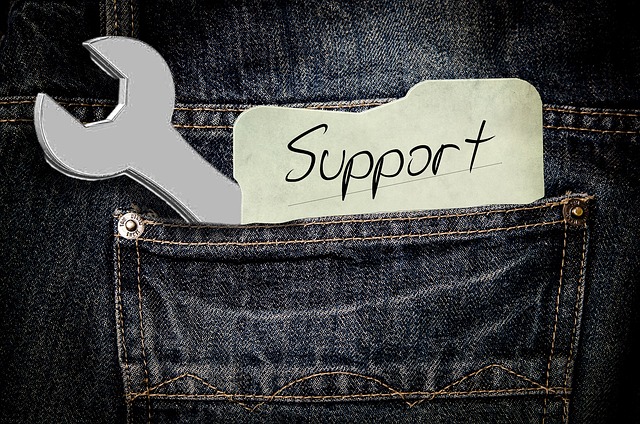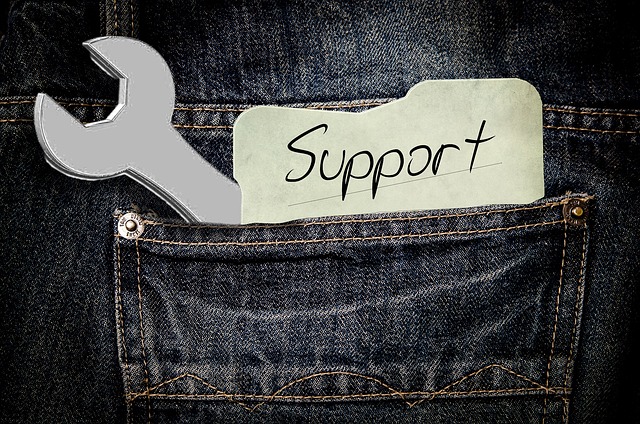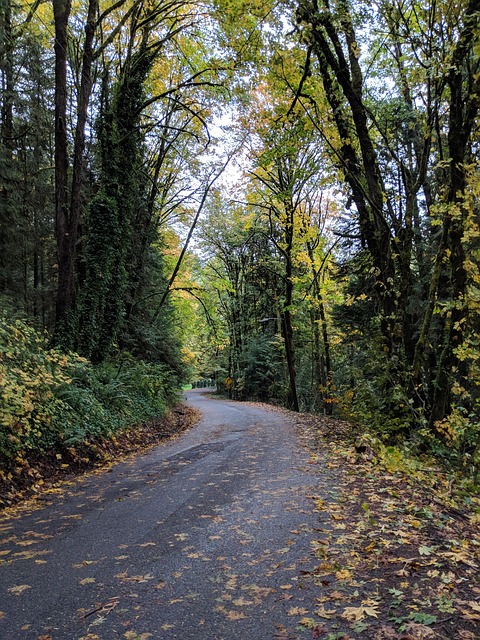Oregon prioritizes child welfare through collaborative efforts between agencies and robust legal rights for parents and children. Support legal aid, provided by public interest law organizations, non-profit clinics, and community groups, is a cornerstone of this system. These initiatives offer free or low-cost services in family law and child protection, empowering parents and guardians while advocating for the best interests of children in custody, placement, and foster care decisions. Case studies demonstrate the significant impact of access to support legal aid in safeguarding at-risk youth and their well-being.
“In Oregon, addressing child issues requires a multifaceted approach, with legal support playing a pivotal role in safeguarding and empowering young lives. This article explores the intricate network of resources designed to assist children and their families within the state’s child welfare system. We delve into accessible avenues for legal aid, including free and low-cost services, advocacy groups, and public benefits, highlighting the transformative impact on Oregon’s child protection landscape.”
- Understanding Oregon's Child Welfare System and Legal Rights
- Accessing Free and Low-Cost Legal Support for Children in Oregon
- Advocacy Groups and Nonprofits Offering Legal Aid to Youth
- Public Benefits and Legal Services for Children and Families
- Case Studies: Success Stories of Legal Aid in Oregon's Child Protection
Understanding Oregon's Child Welfare System and Legal Rights

Oregon’s child welfare system is designed to protect and nurture at-risk children, ensuring their safety and well-being. It involves various agencies working collaboratively to provide services and support to families. At the heart of this system are legal rights that safeguard the interests of both children and parents. Understanding these rights is crucial for anyone involved in Oregon’s child welfare landscape.
Support legal aid plays a vital role in navigating this complex system. It provides access to attorneys specializing in family law and child protection, ensuring that all parties have equal representation. This support is particularly important when it comes to challenging decisions regarding custody, placement, and foster care. Legal aid organizations offer resources and guidance, enabling parents and guardians to exercise their legal rights effectively and advocate for the best interests of the child.
Accessing Free and Low-Cost Legal Support for Children in Oregon

In Oregon, children and their families can access valuable resources for legal support when facing various issues. One prominent option is the state’s public interest law organizations that offer free or low-cost legal services to those who cannot afford private representation. These organizations often provide assistance in matters related to family law, child welfare, education, and more. By leveraging these support legal aid resources, parents, guardians, and youth can navigate complex legal systems with greater ease.
Several non-profit legal clinics and community-based organizations throughout Oregon are dedicated to advocating for children’s rights. They offer a range of services, from representation in court proceedings to counseling and education on legal rights. Many of these groups have specific programs tailored to different age groups, ensuring that young people receive age-appropriate support. Whether it’s helping with guardianship issues, providing representation in foster care cases, or offering advice on adoption procedures, these support legal aid initiatives play a crucial role in protecting and promoting the best interests of Oregon’s children.
Advocacy Groups and Nonprofits Offering Legal Aid to Youth

In Oregon, numerous advocacy groups and nonprofits play a pivotal role in providing support legal aid to youth facing various child issues. These organizations offer a safety net for vulnerable populations by advocating for their rights and ensuring access to justice. Their expertise lies in areas such as family law, guardianship, adoption, and foster care, among others, addressing the unique challenges faced by children and adolescents.
Through pro bono services, financial assistance programs, and community outreach, these entities empower youth by educating them about their legal rights and options. They collaborate closely with local communities, schools, and other social service providers to identify at-risk individuals and offer timely intervention. This collaborative approach ensures that young people receive the necessary support legal aid to navigate complex legal systems and make informed decisions regarding their future.
Public Benefits and Legal Services for Children and Families

In Oregon, public benefits and legal services for children and families play a pivotal role in ensuring access to justice and supporting vulnerable populations. The state offers various programs designed to provide support legal aid tailored to the unique needs of children and their caregivers. These initiatives aim to bridge the gap between legal representation and those who might otherwise go without, fostering a more equitable system.
Through partnerships with local organizations and dedicated funding, Oregon provides comprehensive legal assistance for issues ranging from custody battles and foster care placement to education rights and protective orders. Such support legal aid services are crucial in navigating complex family law matters, empowering parents and guardians to make informed decisions regarding their children’s welfare.
Case Studies: Success Stories of Legal Aid in Oregon's Child Protection

In Oregon, numerous success stories highlight the profound impact of support legal aid in child protection cases. These case studies showcase how access to quality legal representation can make all the difference for vulnerable children and their families. For instance, a recent case involved a young child who faced potential removal from their home due to parental neglect. With the assistance of a dedicated legal aid attorney, the family was able to navigate complex court procedures, present their case effectively, and ultimately keep the child safely in their care.
Another compelling story involves a foster care system navigating a delicate situation. Legal aid provided crucial support to ensure the rights of both the child and the foster parents were protected during an emergency placement. This resulted in a swift resolution, ensuring the child’s well-being without causing undue stress to the foster family. These examples underscore the vital role legal aid plays in Oregon’s child protection system, providing essential support and resources to vulnerable populations.














